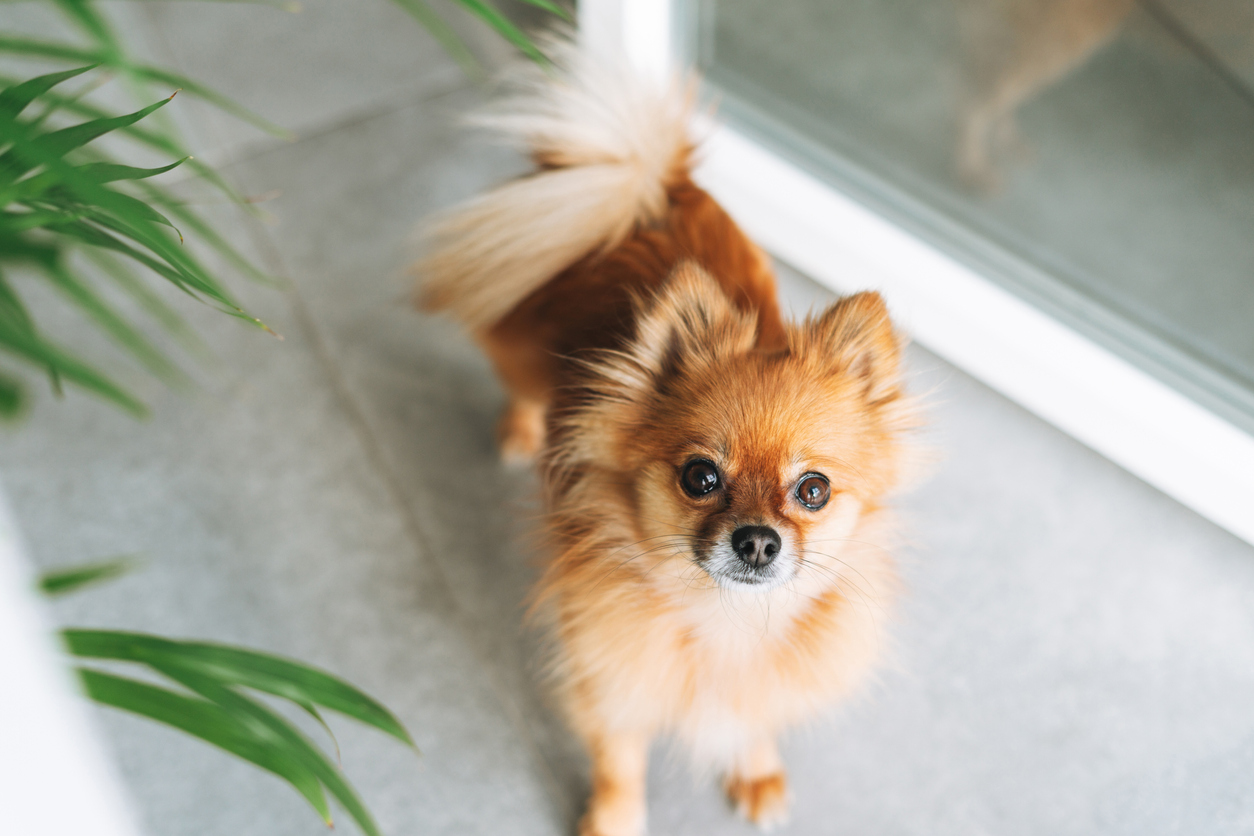You love being a dog mom or dad, but you’re also interested in becoming a plant mom or dad. Don’t worry — you can be both!
As a responsible dog parent, you want to provide your pup with a safe and healthy environment. While you may want to add some greenery to your indoor space, it’s important to be aware that some common houseplants can be toxic to dogs. From mild irritation to serious health risks, it’s essential to know which plants are dangerous and how to keep your dog safe.
Avoid These Plants if You Have a Dog
Here are some of the most common houseplants that can be toxic to your pup:
Aloe Vera
While the gel inside the leaves of Aloe Vera has many benefits for humans, it can cause vomiting, diarrhea, and lethargy in dogs if ingested.
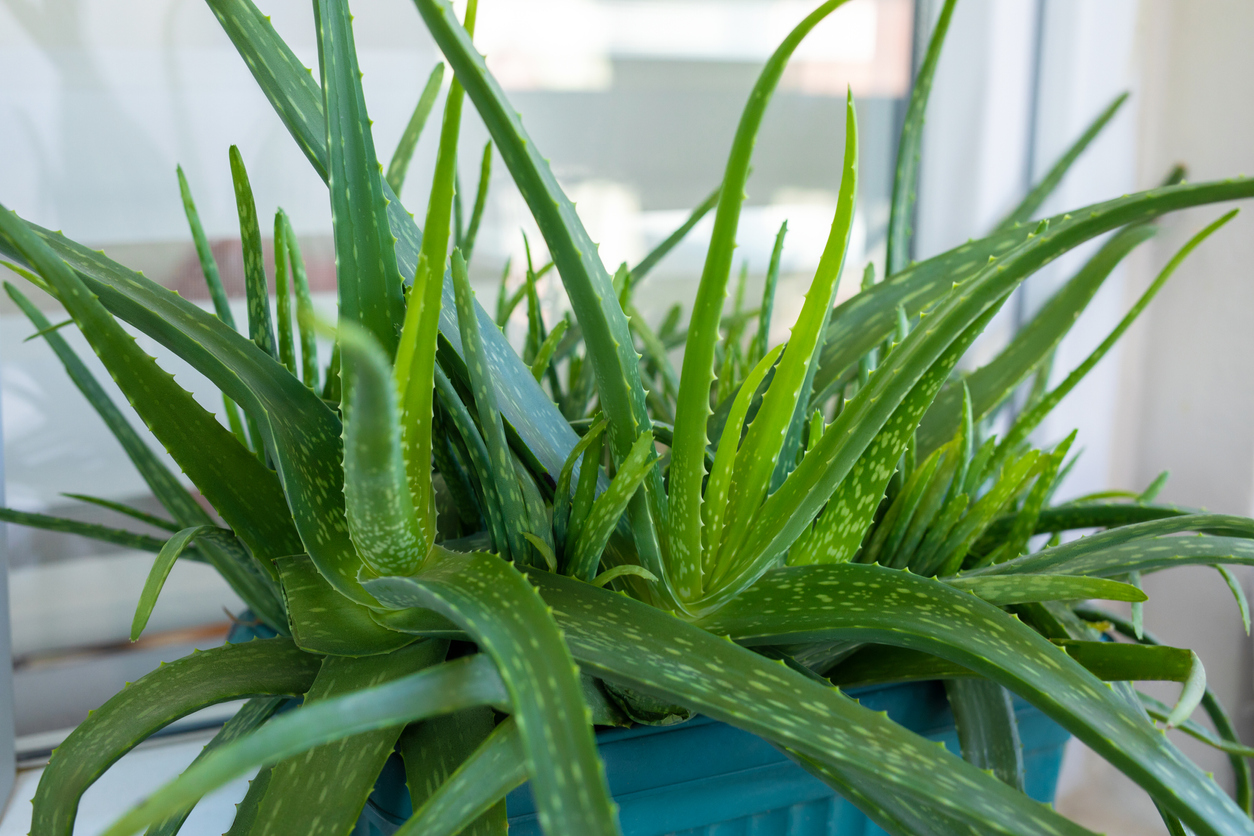
Philodendron
This popular houseplant contains calcium oxalate crystals that can cause intense irritation and swelling of the mouth, tongue, and throat, leading to difficulty breathing and swallowing.
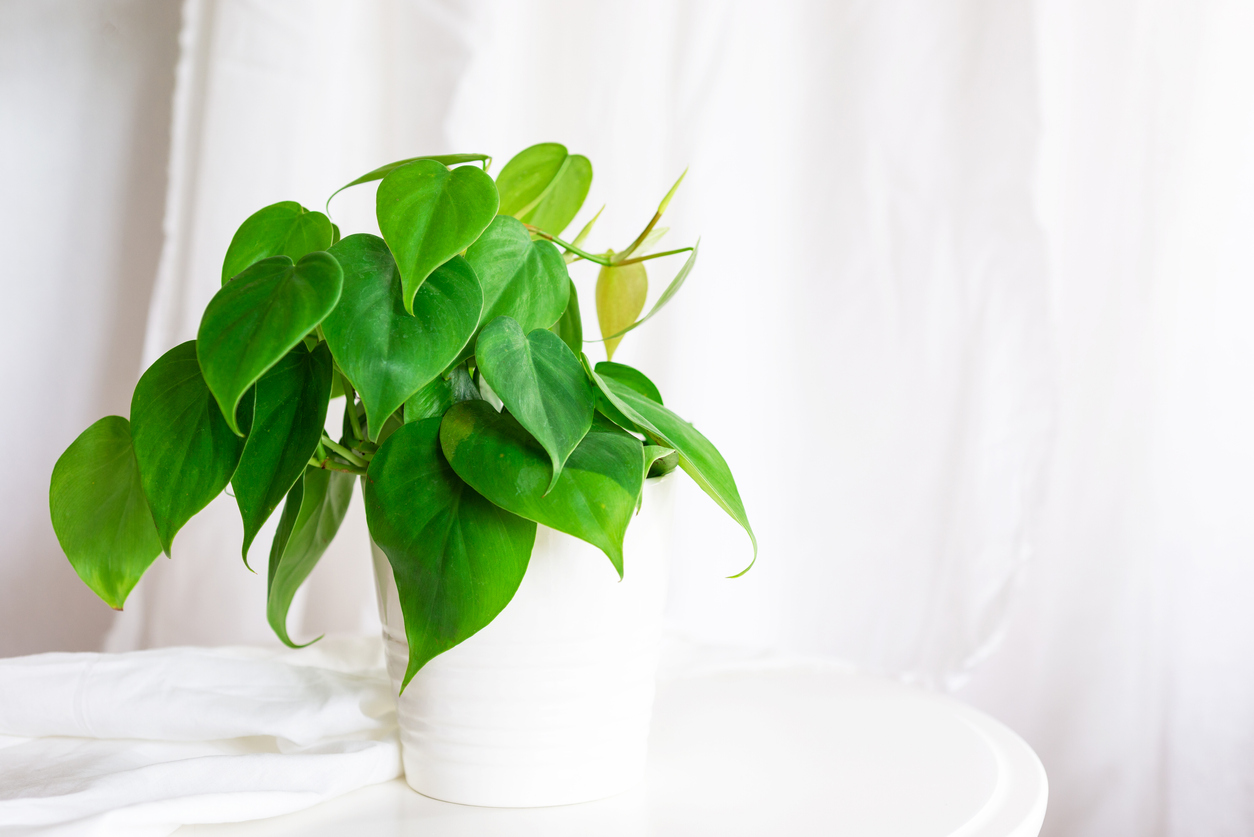
Peace Lily
Although Peace Lilies are known for their air-purifying properties, they can cause oral irritation, vomiting, and diarrhea in dogs.
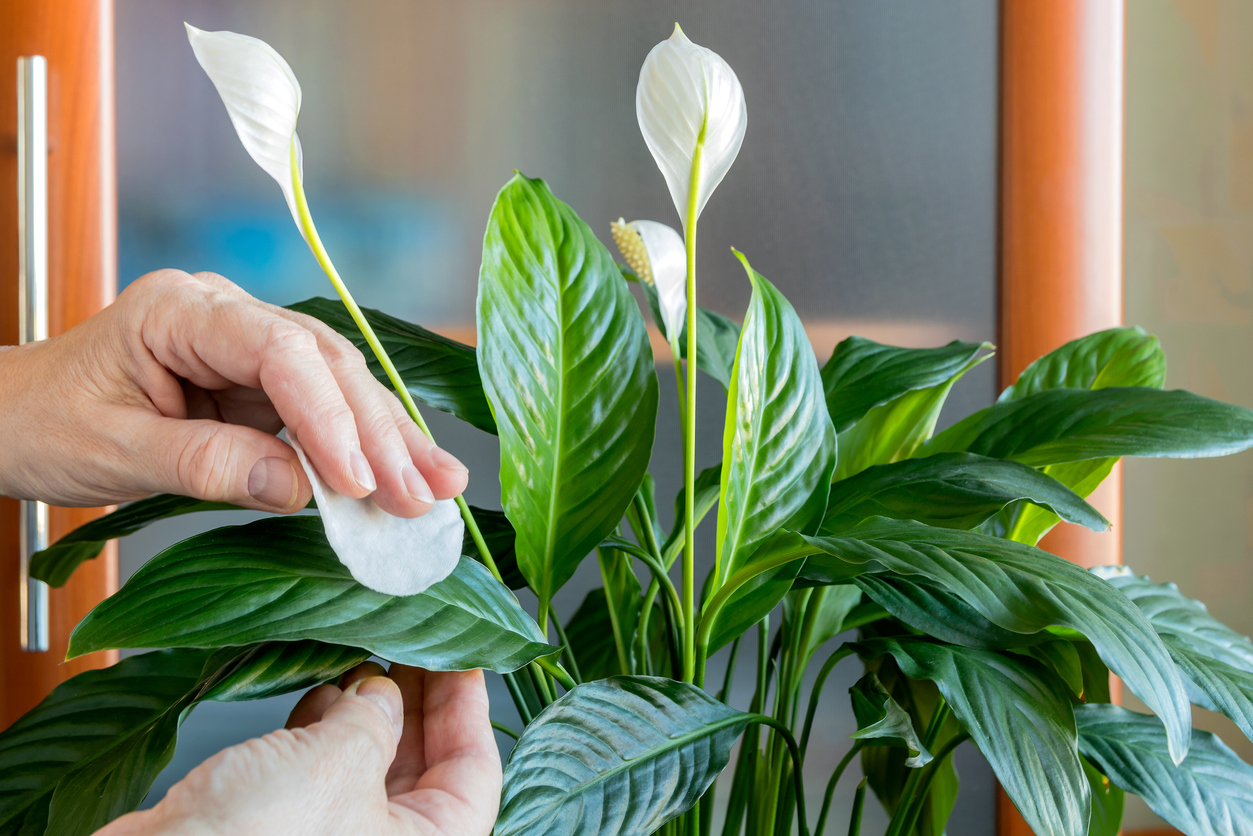
ZZ Plant
This low-maintenance plant is great for new plant owners, but it’s best to keep it away from your pup. If consumed by dogs this plant can cause vomiting, diarrhea, and lack of appetite.
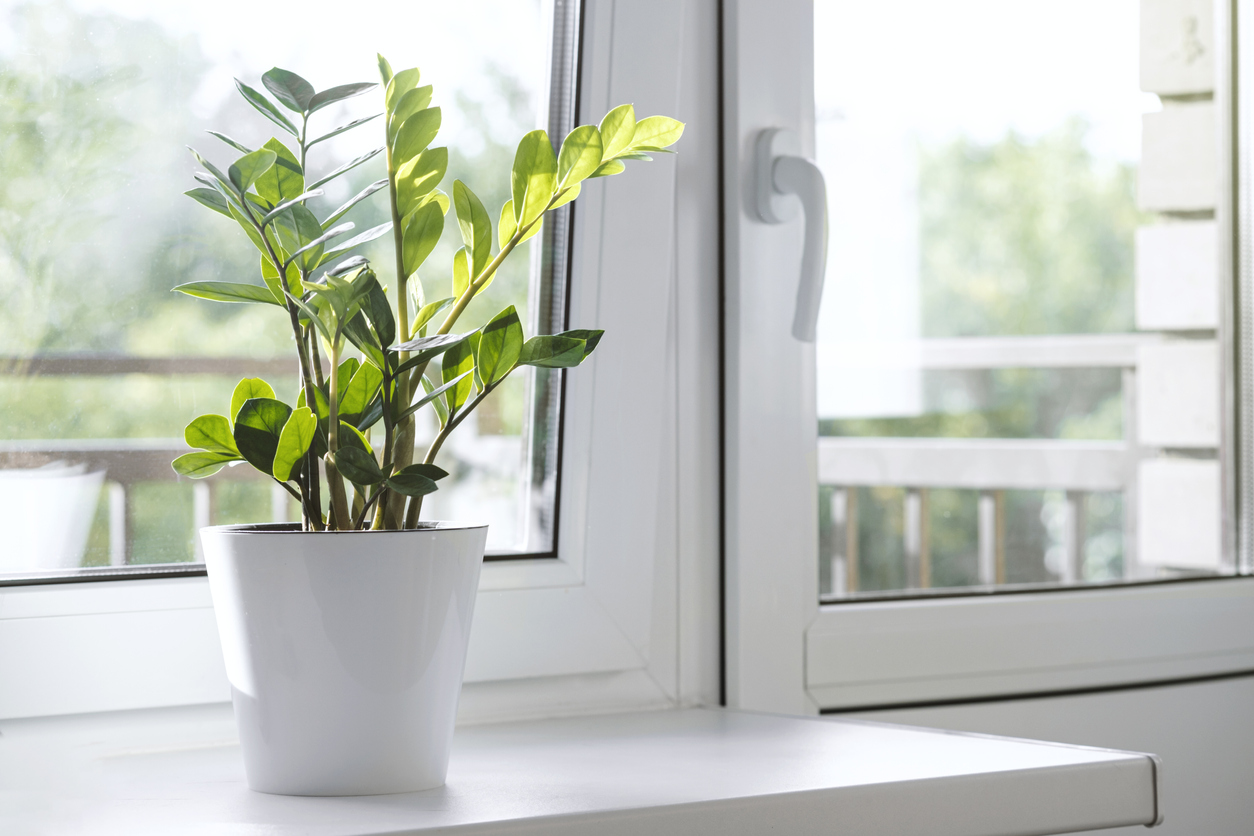
Pothos
Pothos contain calcium oxalate crystals and can cause similar symptoms to Philodendron if ingested.
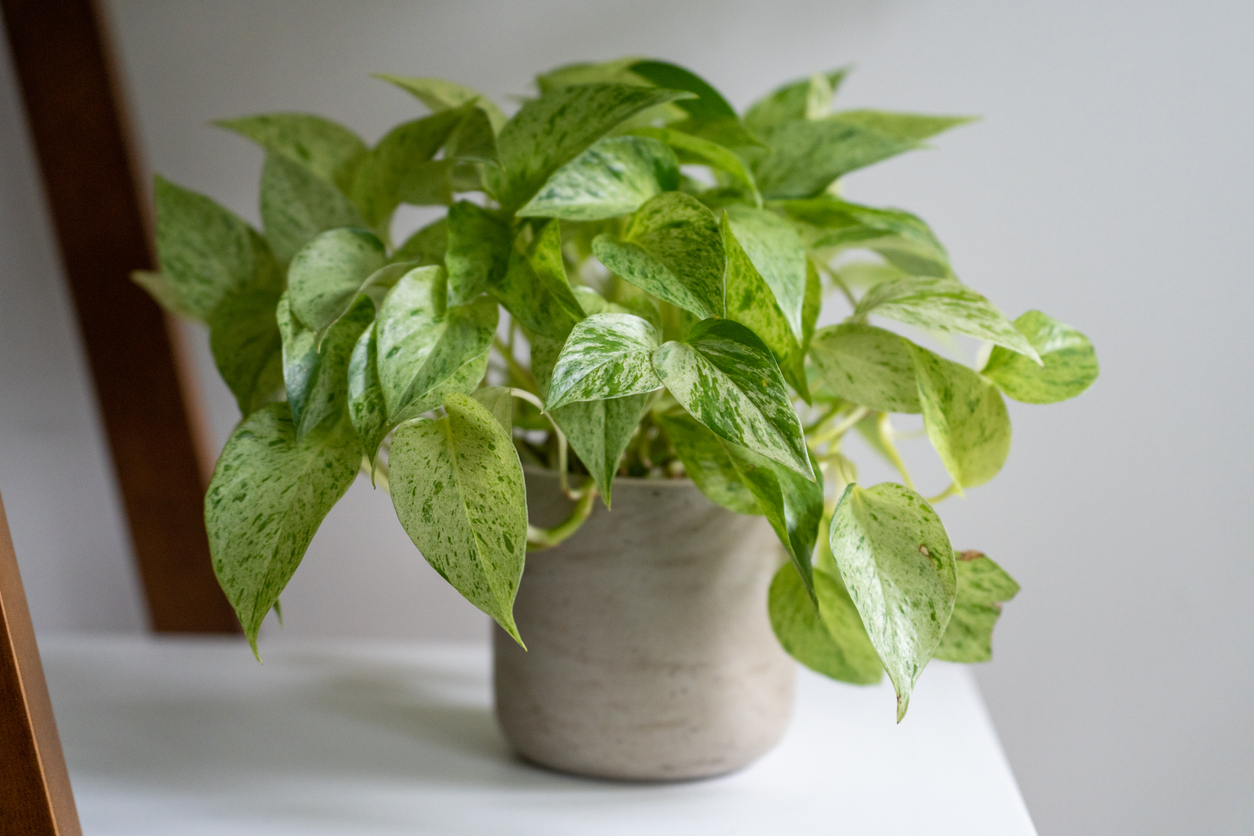
Snake Plant
This hardy plant is a popular choice for its ability to purify the air, but it can cause nausea, vomiting, and diarrhea in dogs.
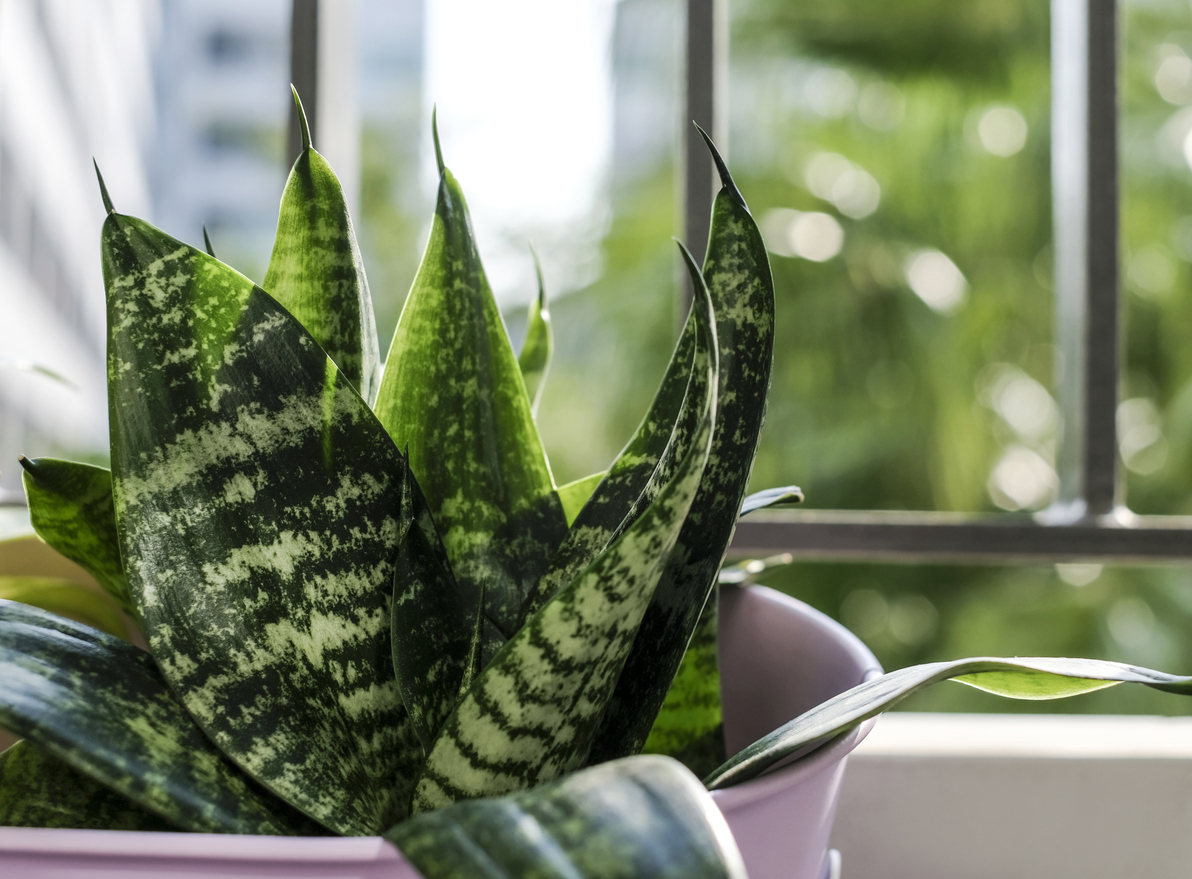
English Ivy
This trailing vine can cause abdominal pain, vomiting, diarrhea, and even difficulty breathing if ingested by dogs.
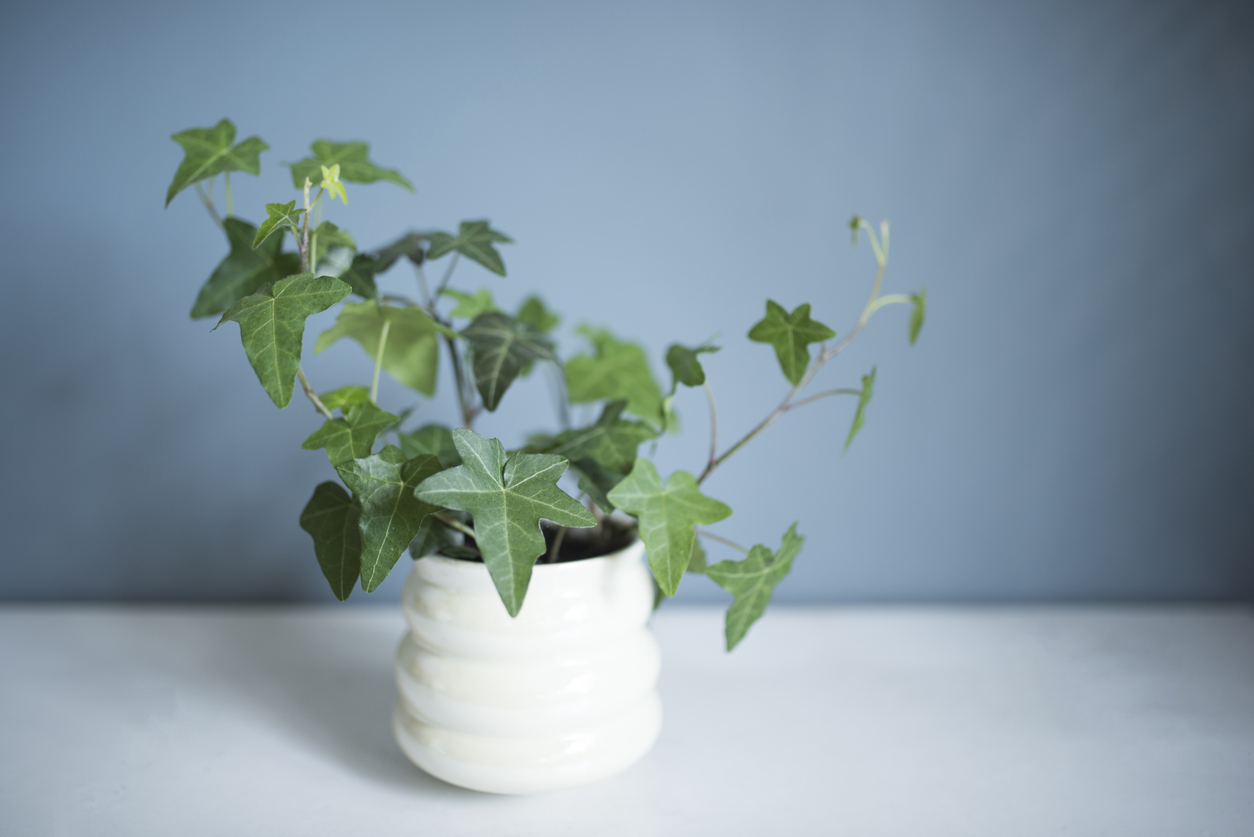
Rubber Plant
This popular houseplant can cause vomiting, diarrhea, and in some cases, excessive drooling and difficulty swallowing.
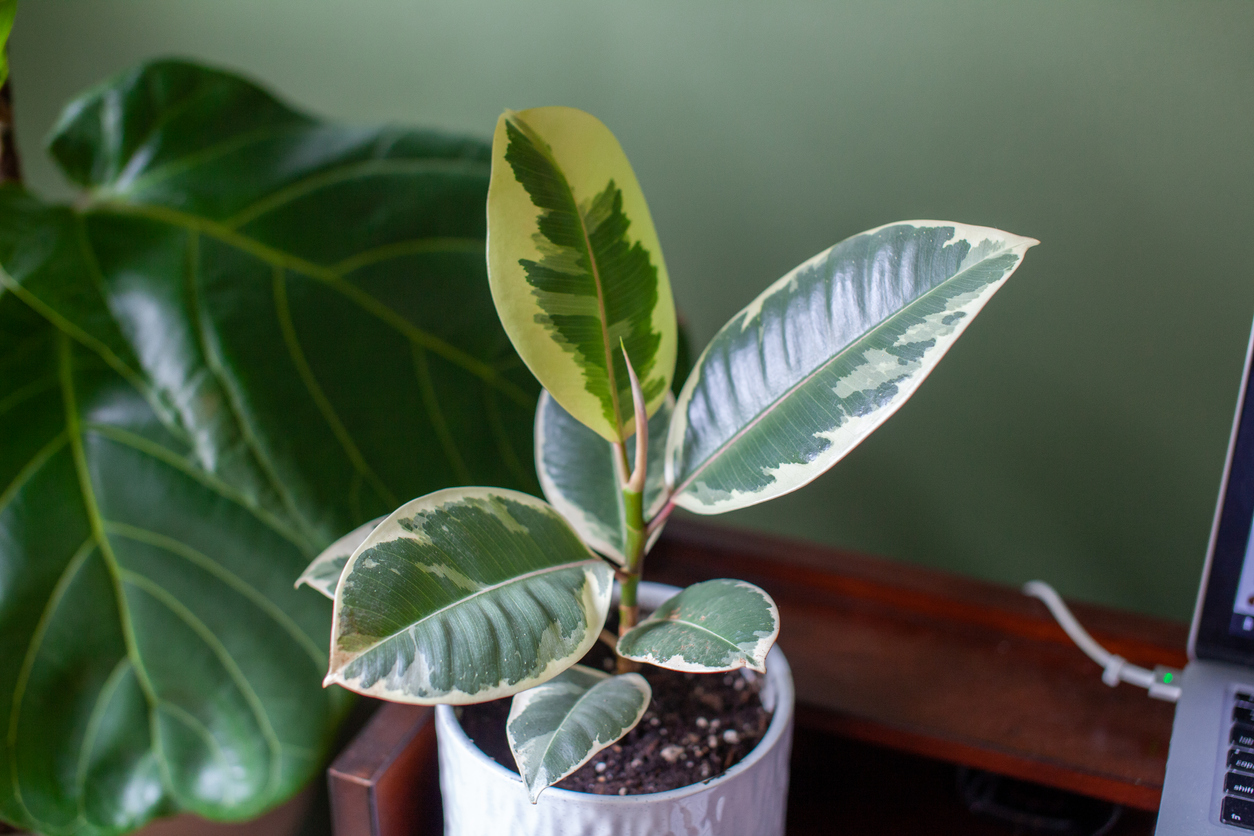
What Do I Do if My Dog Eats a Toxic Plant?
If you suspect your dog has ingested any of these plants or is showing symptoms of toxicity, contact your veterinarian immediately. From there, remove any plant material from their mouth and keep a close eye on them until you can bring them in for treatment.
Dog-Safe Plants
To keep your pup safe, consider choosing non-toxic plants, such as spider plants, Boston ferns, or bamboo palms. Alternatively, you can keep the toxic plants listed out of reach or create barriers to prevent access.
As a dog parent, it’s essential to be aware of potential hazards in your home, including toxic houseplants. By taking precautions and choosing safe alternatives, you can provide a safe and healthy environment for your pup.
Considering a career in dog care? If you’re interested in learning more about franchising with Camp Bow Wow, contact our team today!


